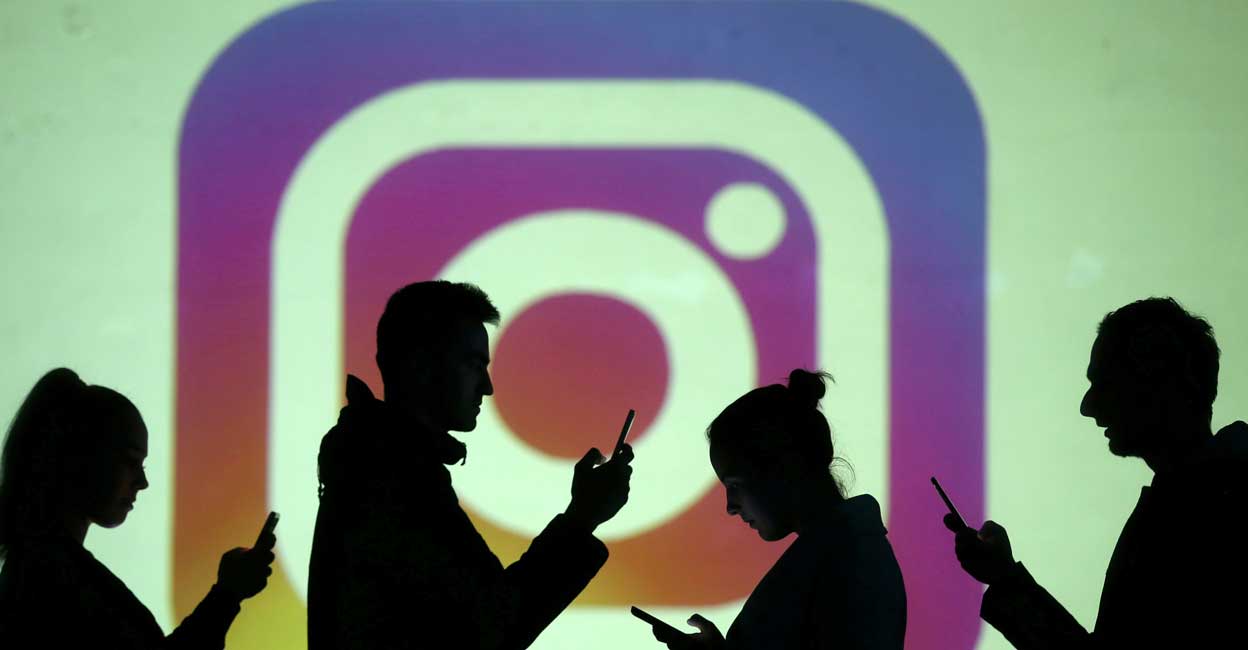Know the latest safety features for kids on Google, Facebook & other social media platforms

Mail This Article
During the pandemic, technology has helped kids and teens stay in school through lockdowns and maintain connections with family and friends. As kids and teens spend more time online, parents, educators, child safety and privacy experts, and policy makers are concerned about how to keep them safe.
Here's a list of the latest safety features and other features installed by various social media platforms for under 18 users.
GOOGLE
Image search: Google will enable those under 18 years or their parents to request for removal of their images from Google Image search results.
Location History: Google will also ensure that Location History remains off (without the option to turn it on) for accounts of users aged below 18 years.
Google said there is already a range of removal options available for people using Google Search but children are at particular risk when it comes to controlling their imagery on the internet.
SafeSearch: In the coming months, Google will turn SafeSearch on for existing signed-in users under 18 and make this the default setting for teens setting up new accounts, it said.
Location History: Google said Location History is already off by default for all accounts, and children with supervised accounts don't have the option of turning Location History on.
Ads: The company will also expand safeguards to prevent age-sensitive ad categories from being shown to teens, and will block ad targeting based on the age, gender or interests of people under 18.
In the coming months, Google will also roll out new Digital Wellbeing filters that allow people to block news, podcasts, and access to webpages on Assistant-enabled smart devices.
YOUTUBE
Default upload setting: For YouTube, the company is going to change the default upload setting to the most private option available for teens aged 13-17.
It will more prominently surface digital wellbeing features, and provide safeguards and education about commercial content.
Take-a-break: On YouTube, it will turn on 'take a break' and bedtime reminders and turn off autoplay for users under 18.
Autoplay on YouTube Kids: On YouTube Kids, it will add an autoplay option and turn it off by default to empower parents to make the right choice for their families, the blog said.
FACEBOOK INC
Ads' targetting: Facebook Inc will stop allowing advertisers to target people under 18 on its platforms based on their interests or their activity on other sites
The change means advertisers will soon be able to target under-18s only by age, gender or location on Facebook, its Messenger service and its photo-sharing platform Instagram.

Instagram said it was making the change because it agreed with youth advocates that young people might not be equipped to make decisions about targeting.
Instagram users under 16 years old will also start to be defaulted into having a private account when they join the platform, the company said, in an effort to stop unwanted contact from adults. They will still be given the option, however, to switch to a public account and current users can keep their account public.
•Limits: The limits features permits only followers to comment below a post.
•Hidden words: Unacceptable content will be issued a warning and later hidden
•Hashtags and emojis which can pave way to issues will be identified and removed
•Unnecessary requests will be removed

•Emoji: 217 new emojis of with different style beards and hairstyles included
•Image editor: Image editor to be made available on Whatsapp Web. With the new feature filters, emojis and stickers may be used in different combinations

